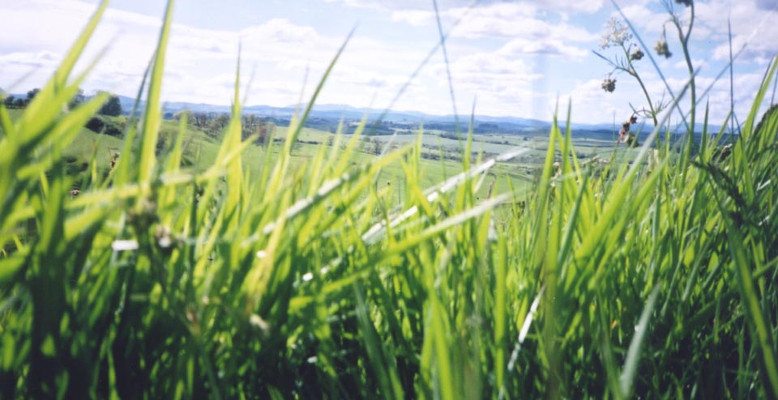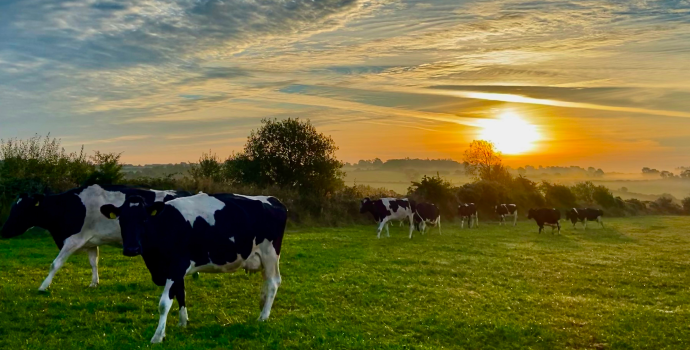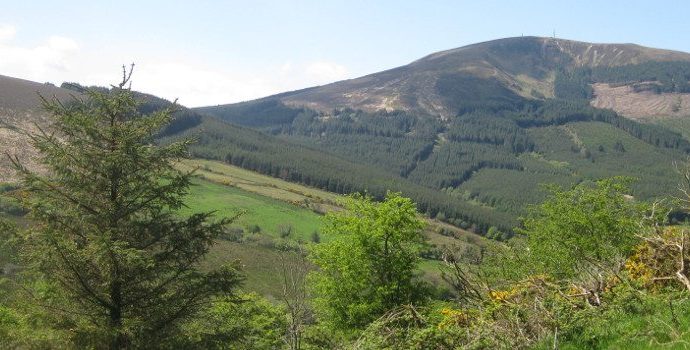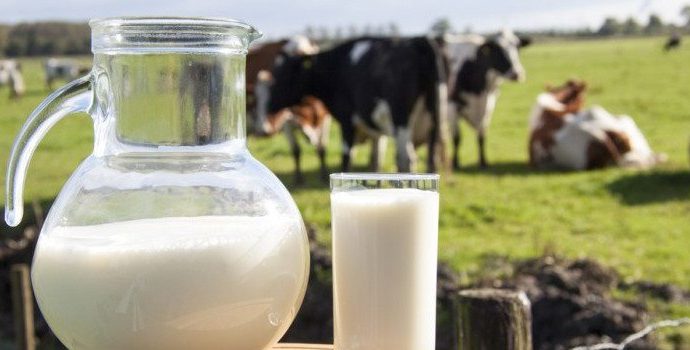Pragmatic Climate Agreement Safeguards Food Production – IFA

IFA National Environment Chairman Harold Kingston has described the international climate agreement concluded in Paris an important compass which aims to guide global temperature increases to “well below” 2C and to focus all parties to the agreement to pursue efforts to limit it to 1.5C.
Significantly for Irish agriculture, article 2 of the agreement emphasises the principle that food production must not be threatened by climate mitigation measures. The grandstanding of the environmental NGO’s is over. International leaders have agreed a path forward which acknowledges and accepts that food production must not be undermined when addressing the global climate challenge.
This Paris climate agreement reaffirms the position adopted by Europe in October 2014 and strongly supported by the Irish Government that agriculture has multiple roles, to produce food, fuel and energy in addition to protecting the environment. The reality that is accepted in the Paris agreement is that emission efficient regions such as Ireland must be supported to develop its food production.
He added, “However, farmers want to build on our strong environmental credentials. Ireland is the only country in the world that monitors, measures and manages carbon from farm to fork, through initiatives such as the IFA-led Smart Farming initiative and the Bord Bia beef and dairy carbon auditing schemes. These programmes are showing results. Emissions from the sector have fallen by 9% since 1990, while other sectors such as transport continue to spiral out of control”.
“The agri-food sector is Ireland’s largest indigenous sector, with over 300,000 people employed directly or indirectly in the agri-food industry. Exports from the sector reached a record high of nearly €10.5b in 2014. This high-quality food is produced to the highest environmental standards and farmers in Ireland intend to build on our position as global leaders of sustainably-produced food.”
He also welcomed progress on carbon sinks particularly for forestry. There is recognition of all agriculture carbon stores such as permanent pastures, of which Ireland has the largest in Europe as a proportion of our agricultural land.




